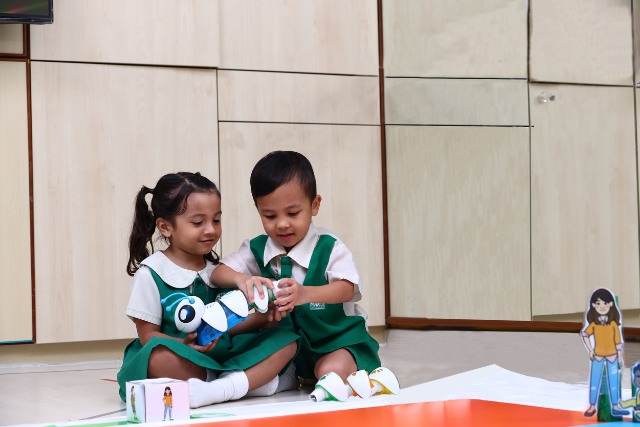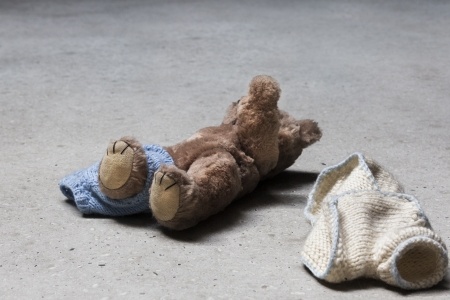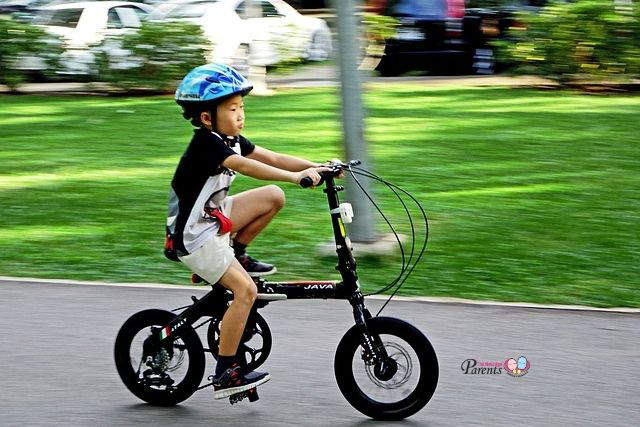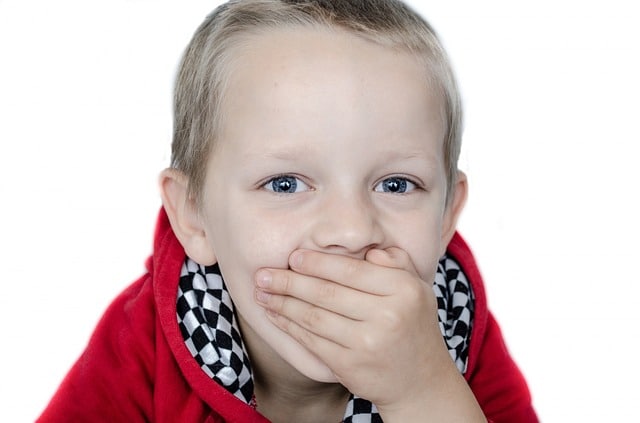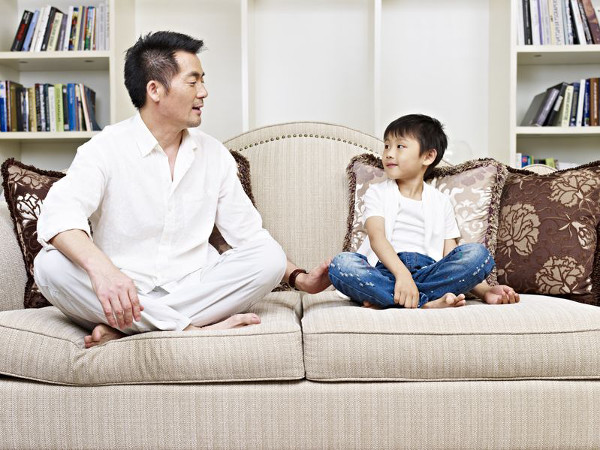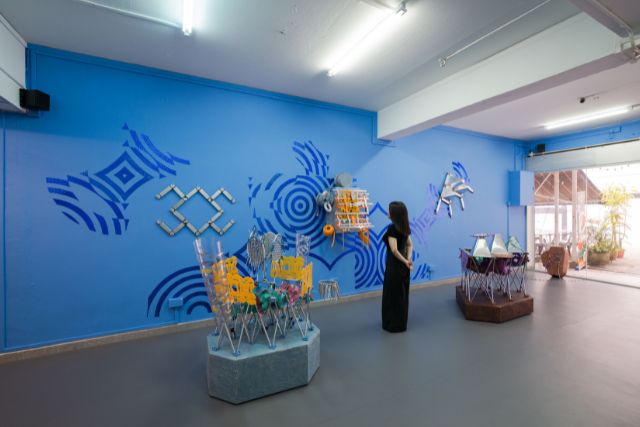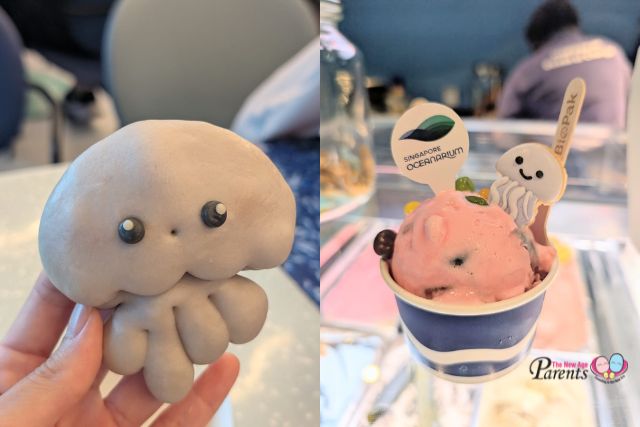“My little girl keeps saying she is ‘itchy’ down there and won’t stop scratching – what’s wrong?”
“My 4 year old son keeps touching and playing with his private parts – is this normal? How can we stop this behaviour?”
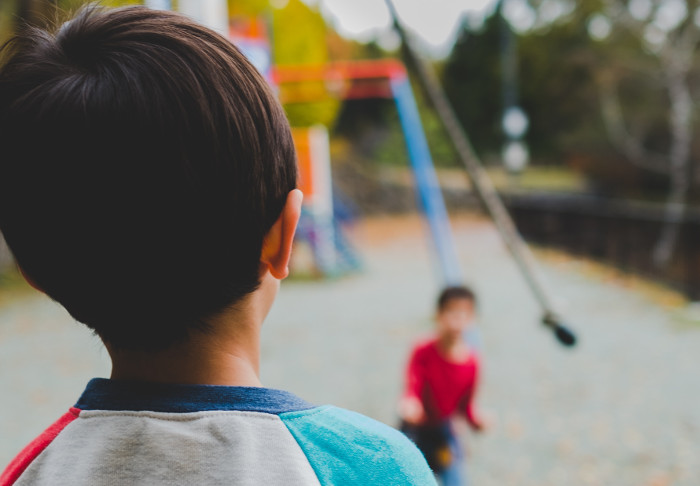
These are common questions I get asked in the clinic by concerned parents, and similar scenarios will be encountered every day around the world.
For parents with infants and toddlers, it may seem like matters of sexual development can be avoided until many years down the line. Remarks like “Oh, we’ll have the talk when they are a teenager” or “Shouldn’t they be taught this in school later?” are frequently expressed.
In reality, your child’s sexual development begins in their very first years, encompassing not only physical changes but also their sexual knowledge, beliefs and behaviours, which will serve as a foundation for social bonding and intimacy as young adults.
No child wakes up on their 13th birthday suddenly transformed into a sexual being. Parents must understand that they play a vital role in providing their child with accurate, age-appropriate information from the earliest stages – and that doing so will help to ensure that the child develops safe, healthy and secure views of their body and sexuality.
⇒ Related Read: Why we need to talk to our kids about sex
What are common sexual behaviours for a child?
Just as children reach important physical and emotional milestones, like learning to walk or how to share toys, they will also reach milestones of sexual development, including how they recognise, experience, and feel about their bodies, and how they form attachments to others. It is important to know what constitutes as ‘normal’ behaviour for your child as they grow and learn.
- Toddlers (>4 years)

Toddlers and infants are naturally immodest and curious about their bodies and bodily functions. They may want to remove clothing and be naked, and may explore touching or rubbing their private parts, both in public and in private.
It is common for them to try touching their mother’s breasts, and sometimes other women’s breast as well. They may attempt to see other people when they are naked or in the bathroom, show their private parts, or talk to children their own age about “poop” or “pee”, especially during potty training.
Between ages 2 – 3, they will start to develop a sense of gender identity and awareness, and may be curious about the physical differences between boys and girls. While some people believe gender identity is biologically determined, others may argue it is predominantly environmental – realistically, it is likely more a combination of the two.
⇒ Related Read: My boys like all things girly
As the child gets older and this awareness becomes more developed, they may start to associate certain behaviours with different genders – these are called gender roles, and will (for the most) part be culturally determined.
What behaviours are considered masculine or feminine? As a parent, it is important to be aware of what gender roles you want your child to be aware of, and be mindful of the messages they get in and out of the household.
- Preschool children (between 4 – 6 years)
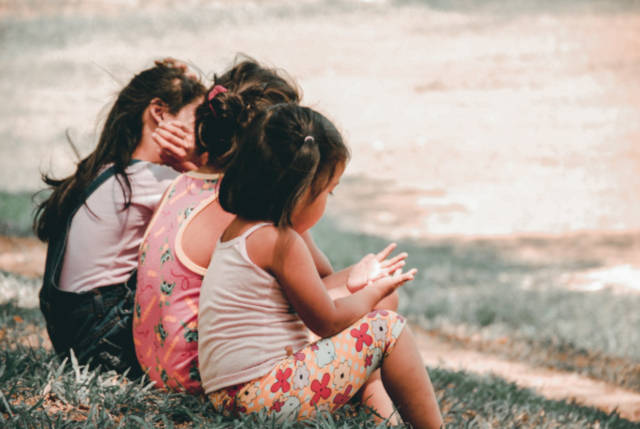
At this age, most children will have a fairly strong sense of gender identity, and will also start interacting more purposefully with other children. They will continue to explore their bodies and may want to touch private areas more often, and it is common to find them mimicking actions and behaviours they see in adults, such as holding hands or kissing.
They may start to “play doctor” with friends, and show or touch different parts of their bodies – it is important that you do not overreact and scold or admonish them for this, which can create feelings of guilt and shame. Remember, this is just an innocent game for them.
Instead, you may want to distract them with another toy or game, and recognise that they are curious to learn more about their bodies – you can use these instances to teach them what behaviours should be done in private rather than in public, and also that it is not okay for anyone (especially older children or adults, including family members) to touch them in a way that makes them upset or uncomfortable.
Apart from these behaviours, they will also start asking a lot of questions. These include what body parts are called, why boys’ and girls’ parts are different, and where babies come from.
Be truthful and accurate, and answer matter-of-factly; trying to avoid or dismiss the question will make you appear less credible when your child learns the truth, and also discourages them coming to you with similar questions in the future.
- School-aged children (between 7 – 12 years)
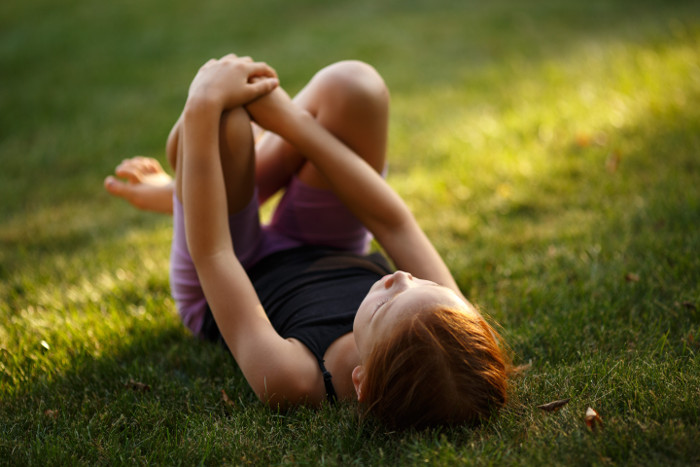
Children at this age range will have developed a stronger sense of modesty, and will usually request more privacy when changing/undressing. They may attempt to see other people naked, or view pictures or videos of people who are naked or partially naked.
They may also start purposefully touching their genitals (masturbation) more – except now they may do this more in private, as they would have learned these behaviours are not appropriate in public.
⇒ Related Read: What To Do When Children Fondle With Their Private Areas In Public
At around 9-12 years old, they may begin to have feelings of attraction and sexual interest in peers and may form elementary “boyfriend” or “girlfriend” relationships. They may start to feel embarrassed to approach parents with questions on sexuality.
However, it is important to be open, honest, and proactive in conversation, especially if you sense they have questions or concerns about sexual matters.
What are some red flags?
Now that you know some of the common behaviours of children, here are some warning signs of behaviours that should prompt intervention from parents:
- Occurs frequently and cannot be redirected – Involves children of a wider age range (> 4 years)
- Involves force, threats, or other strong coercion
- Provokes a strong emotional response such as anger or anxiety
- Involves simulation of adult sexual acts (e.g. kissing genitals)
If you encounter any of these situations, it is important to remain calm and sit down with your child to try and find out what happened, or where they learned this behaviour, so that you can address it in the appropriate way.
Sometimes, your child may complain of physical discomfort or pain in the private area. These can be signs of a medical issue and should be checked out as well.
For instance, pain while passing urine could be due to a urinary tract infection – if this is happening frequently, especially in young boys, they may have to be evaluated for bladder reflux or other predisposing conditions. Very itchy private parts may be a sign of a fungal skin infection (i.e. thrush) or underlying eczema.
Speak to a doctor
If you are having any concerns about your child’s behaviour or well-being, it is always a good idea to bring these up to the doctor. We can help you work out what behaviours are age-appropriate, or if there are any worrying signs. Work together with your doctor to help create a strong foundation for your child’s physical and emotional well-being and development.
This article is contributed by Dr Jonathan Ti, from Dr. Tan and Partners (DTAP). Dr Ti specialises in Men’s, Women’s, and Sexual Health. He sees many families with young children from diverse international backgrounds, and hopes to support safe, healthy, and educational conversations about sexual development and well-being for all of his patients.
* * * * *
Any thoughts after reading this article? Please feel free to leave us your comments!
Want to be heard 👂 and seen 👀 by over 100,000 parents in Singapore? We can help! Leave your contact here and we’ll be in touch.













